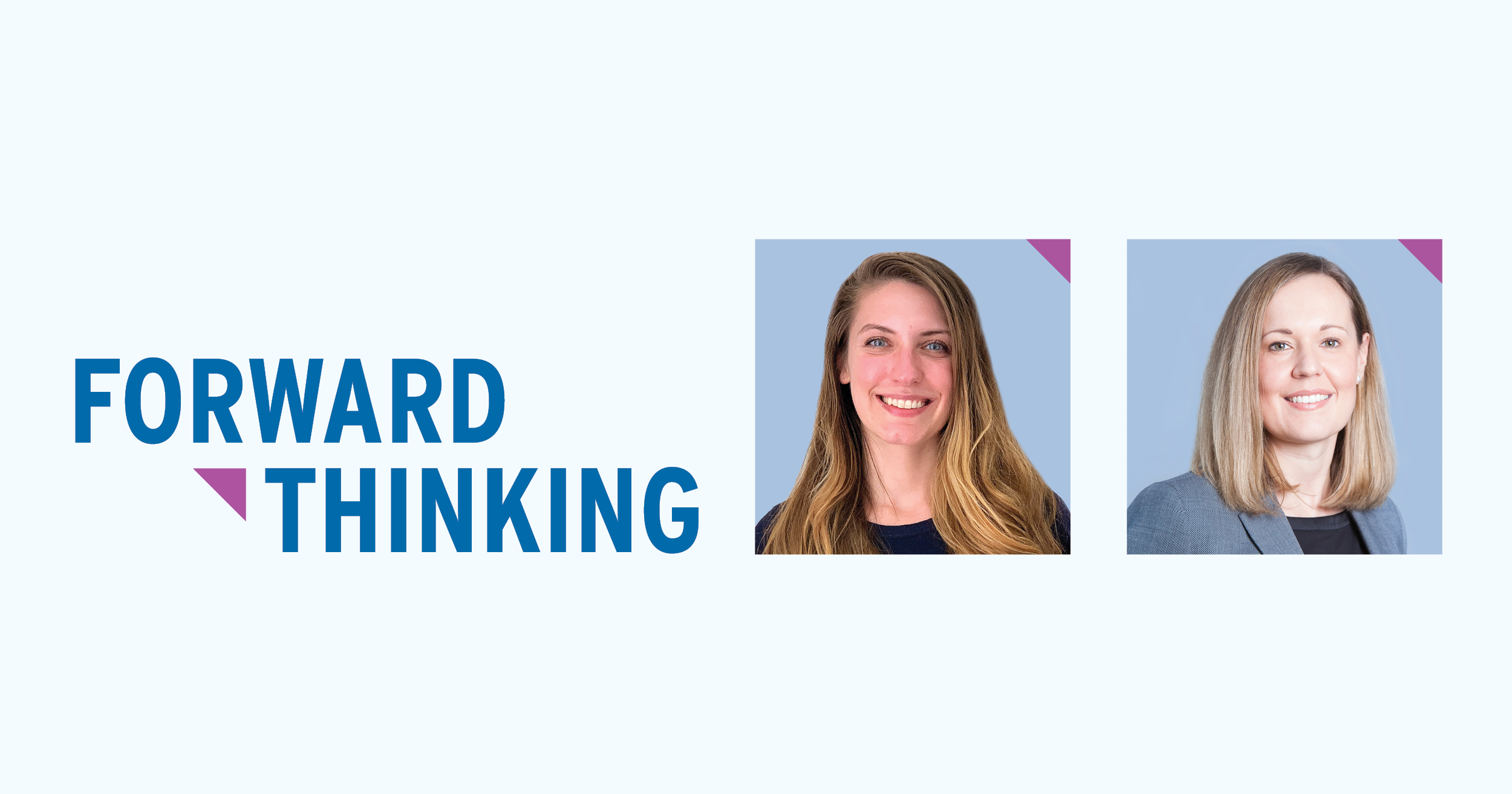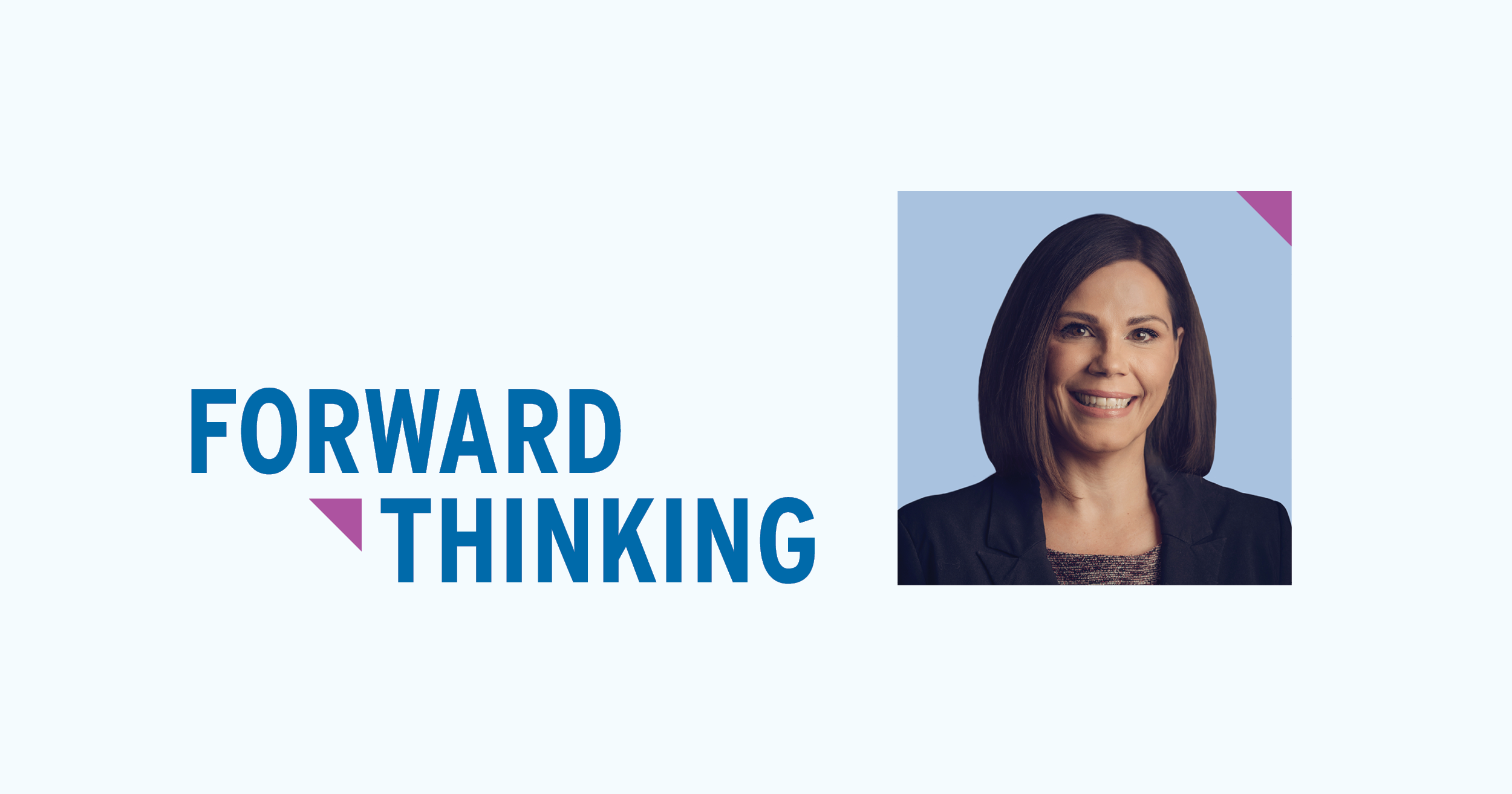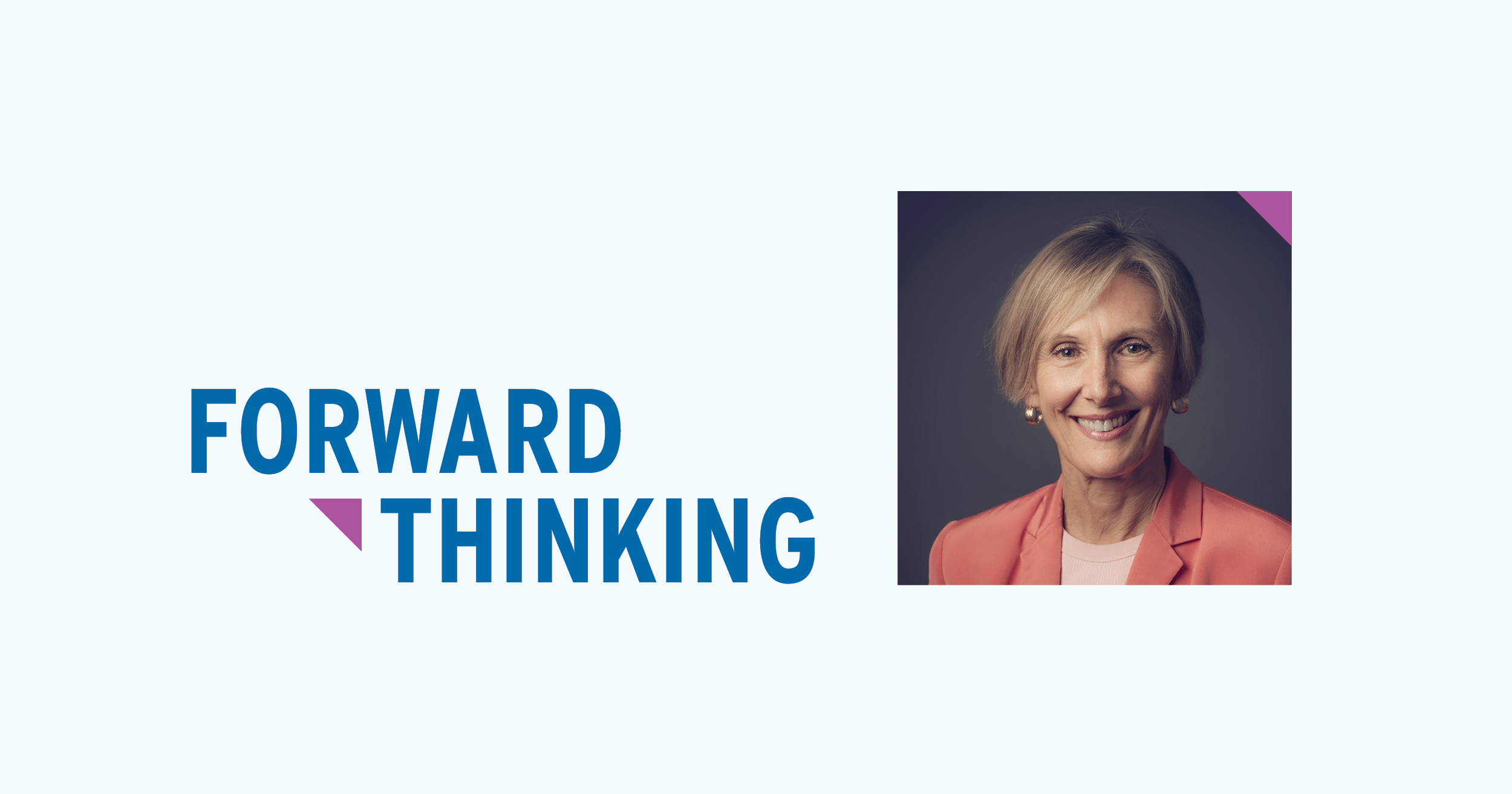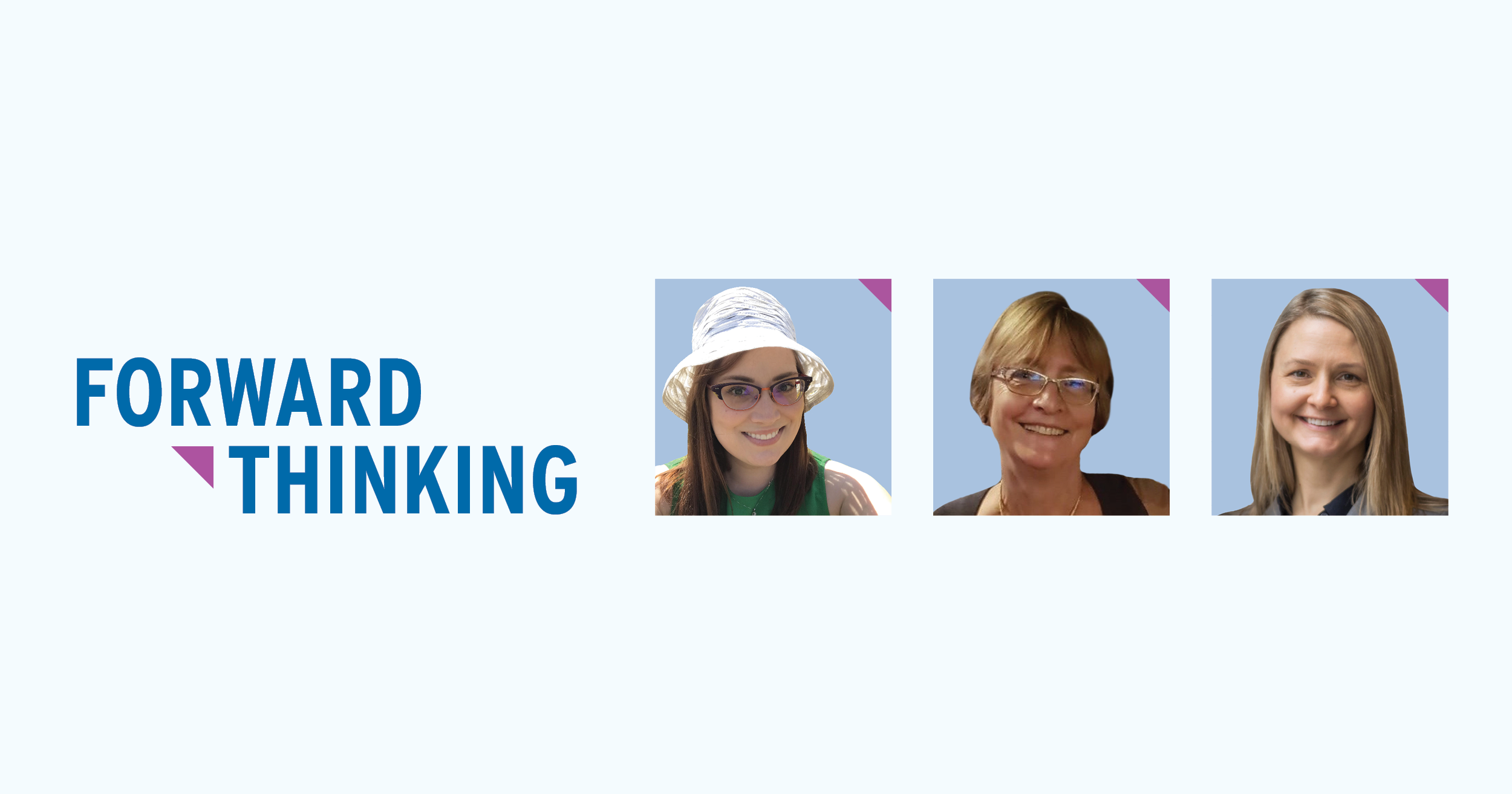A better way to monitor grants, collect outcomes, and measure impacts of Health Research BC awardees
13 April 2022

Forward Thinking is our thought leadership series focusing on what it takes to be a responsive and responsible health research agency. In this article, Becky Gormley and Julia Langton introduce Health Research BC’s initiative to update our grant monitoring and reporting process, the research we have conducted to inform this project, and welcome feedback.
Like most funders, Michael Smith Health Research BC requires award holders to complete annual progress reports. While funder reports are critical for informing program improvement and understanding impacts, they can be onerous.
Researchers we fund often have dozens of active grants that they are reporting on, which means entering and re-entering data in different platforms to meet various award conditions for funders. There will always be a need for self-reported data, but many researchers are entering and re-entering similar data in different systems which can be tedious, and take time away from doing valuable research.
Balancing the usefulness of grant monitoring and reporting with the resulting burden on award holders is a challenge for health research funders globally. Time-intensive reporting may present additional burden for researchers at smaller research centres who may not have administrative support, and for women and people of colour who already shoulder a disproportionate amount of administrative and service tasks within research settings, especially during the COVID-19 pandemic.1, 2
However, these challenges aren’t new. Through organizations like the National Alliance of Provincial Health Research Organizations (NAPHRO) and the Research on Research Institute (RoRI), Health Research BC is in continuous dialogue with health research funders across Canada and globally to undertake research and share emerging practices on research impact assessment.
At Health Research BC, we are examining and updating our grant monitoring and reporting and our aim is to work towards a simpler, more inclusive process that maximizes benefits for our award holders.
We want to streamline our reporting to ensure we are collecting the most meaningful data from our award holders. We also bring an equity lens to this work and see this as an opportunity to:
- Consider how the report can add value to researchers and find opportunities to communicate what we learn back to award holders.
- Reflect on what is being collected and measured as ‘productivity’ and ‘success’, which can contribute to redefining understandings of ‘research excellence’ away from a reliance on publication metrics3. As a signatory of the San Francisco Declaration on Research Assessment, Health Research BC allows applicants to describe the impact and quality of their achievements beyond bibliometric indicators.
- We heard that this is important for our award holders. For example, one of our Research Trainees said in a previous report that without ensuring that “the work and efforts of racialized and junior-status scholars [are] recognized and praised somehow… these kinds of activities are effectively erased from institutional accounts.”4
Our approach to this streamlining project has been collaborative and multi-pronged, including several steps: internal consultations with colleagues to discuss the purpose of the progress reports and whether the current reporting process is fit-for-purpose, feedback from award holders, and review of existing literature on current and emerging practices. For example, we reviewed the work undertaken by PEAKGrantmaking and consultant Jessica Bearman in Project Streamline 5 , 6, to help organizations find innovative ways to monitor grants and report on results, and were inspired to follow their successful approach.
Our learnings
To date, we have analyzed the results of award holder surveys and connected with other funders to understand how we can balance grant reporting and award holder burden. Below are a few highlights of what we have learned so far.
- Some award holders see progress reports as a “valuable opportunity to reflect on [their] progress.” Understanding how reports can be a ‘value add’ to researchers is an important theme for this project.
- Besides the length of the report, the reporting process could be improved for award holders by addressing some of the common ‘technical time wasters’ such as being able to switch between sections of the report, rather than a page-by-page navigation.
- There are opportunities to connect with, and amplify the work of, our award holders:
- Teams within Health Research BC can re-use data collected in the reports and further share the work of award holders.
- We know that research impact takes time – often much longer than the length of one award period. And impact is often the result of collective endeavour. At Health Research BC, we use a research-to-impact framework to shape our data collection, including how we understand impact after the funding ends. (You can learn more about how we approach research impact assessment in an earlier Forward Thinking post). While we do have some processes in place, we are actively looking for better ways to systematically track what happens after our funding ends.
Next steps
At Health Research BC, we have an opportunity to work together to create a more effective and efficient way to monitor awards, collect impacts and outcomes, and communicate the impact of our awardees.
We are aiming to pilot our new grant reporting process in the Spring of 2023.
But we can’t do this without you. Your feedback is crucial to our success.
If you are a current Health Research BC award holder, please respond to the questions in our feedback section in your progress report. We look forward to learning from those who are working with or towards innovative solutions for reporting. If you have any ideas, expertise, or examples to share, please get in touch with Becky Gormley at rgormley@healthresearchbc.ca.
_____________________
1 Griffin. (2020). Institutional Barriers, Strategies, and Benefits to Increasing Representation of Women and Men of Color in the Professoriate. Higher Education: Handbook of Theory and Research.
2 Shalaby, Allam, Buttorff. (Dec 2020). Gender, COVID, and Faculty Service. Inside Higher Ed.
3 Jong, L., Franssen, T., & Pinfield, S. (2022, March 11). Transforming excellence? From ‘matter of fact’ to ‘matter of concern’ in research funding organizations.
4 Quote from a Health Research BC Research Trainee, 2021 Report.
5 Project Streamline, PEAKGrantmaking.
6 Bearman, Jessica. (2015). “Alternatives to the Fiery Furnace: Thoughtful Reporting Requirements.” Center for Effective Philanthropy:





